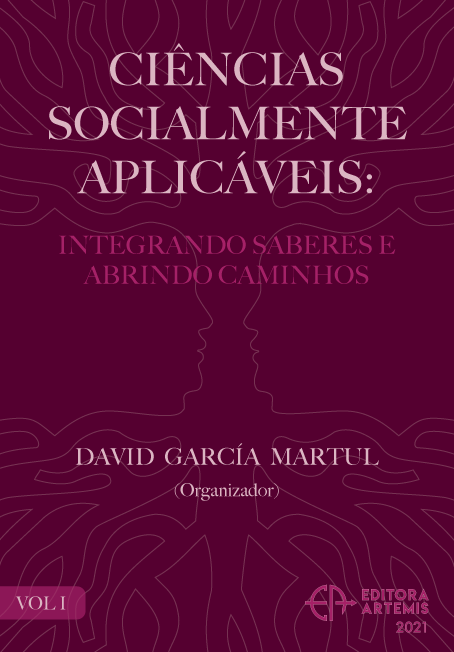
IDENTIDAD CULTURAL Y PROCESOS HISTÓRICOS: CONCEPTUALIZANDO LA ÉTICA E IDENTIDAD EN COMUNIDADES CAMPESINAS DE LOS ANDES CENTRALES
La construcción de la identidad cultural es una lucha que siempre se ha dado a lo largo de la historia en un contexto cargado de resistencia y dominación, entre el conquistado y el conquistador, entre el rico y el pobre, entre el indio y el blanco, generando conflictos y polarización entre las sociedades. En el mundo andino es plausible la resistencia y lucha silenciosa por la enajenación de su territorio y su identidad cultural. Aun son visible y tangible sus prácticas ancestrales, tanto en el pensamiento simbólico y mítico como en su práctica cotidiana. Las comunidades campesinas de los andes centrales se han apropiado desde tiempos inmemoriales del paisaje sacralizándolo hasta convertirlo en un sujeto humanizado, por ello, su uso y manejo, está configurado en códigos de ética sagrada y valores axiológicos que se opone a la ciudad. En los tiempos actuales la agudización de estas contradicciones genera la violencia social y la violencia económica en la sociedad. Es necesario encontrar derroteros para reconstruir las identidades perdidas a través de la ética y valoración de la identidad cultural
IDENTIDAD CULTURAL Y PROCESOS HISTÓRICOS: CONCEPTUALIZANDO LA ÉTICA E IDENTIDAD EN COMUNIDADES CAMPESINAS DE LOS ANDES CENTRALES
-
DOI: 10.37572/EdArt_2808214464
-
Palavras-chave: Identidad, cultura, comunidad campesina, pensamiento simbólico.
-
Keywords: Identity, culture, peasant community, symbolic thought
-
Abstract:
The construction of cultural identity is a struggle that has always occurred throughout history in a context full of resistance and domination, between the conquered and the conqueror, between the rich and the poor, between the Indian and the white, generating conflicts and polarization between societies. In the Andean world, silent resistance due to the alienation of their territory and their cultural identity is plausible. Their ancestral practices are still visible and tangible, both in symbolic and mythical thought and in their daily practice. The peasant communities of the central Andes have taken over the landscape since time immemorial, sacralizing it to make it a humanized subject, therefore, its use and management is configured in codes of sacred ethics and axiological values that oppose the city. In current times, the sharpening of these contradictions generates social violence and economic violence in society. It is necessary to find paths to rebuild lost identities through ethics and valuation of cultural identity and struggle.
-
Número de páginas: 11
- Carlos Arturo Farfan Lobaton
- .

